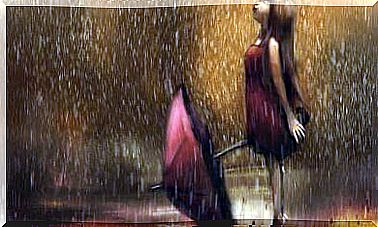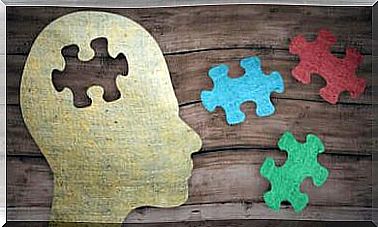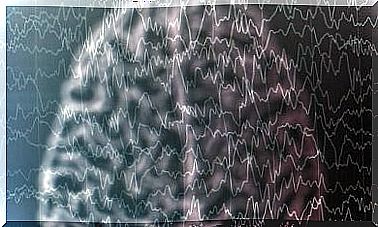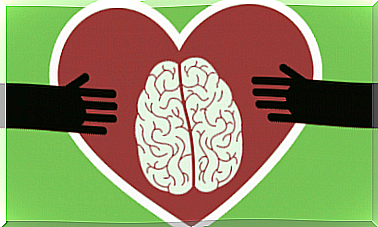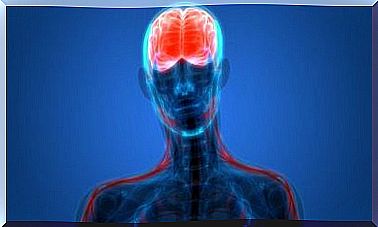Poetry And The Brain, What Is Their Relationship?

Poetry is the oldest literary style. Although it is impossible to date its exact beginnings in oral tradition, we would hardly go wrong in saying that it has accompanied mankind since forever.
This gives us an idea of the impact that poetic language can have on our emotional and cognitive state. This common thread raises many questions about its relationship with the brain.
Recent studies of brain imaging are starting to give us a lot of clues about neural correlates and brain mechanisms involved in the act of reading or listening to poetry.
Unlike other types of reading which are more associated with various structures on the left side of the brain, poetry strongly activates areas related to introspection. The emotional response to literature in general shares areas of activation with music. However, more areas of the right hemisphere seem to be related to poetry.
Chills produced by poetry
In recent years, several laboratory studies have been carried out with the aim of revealing the relationship between poetry and the brain. Dr Eugen Wassiliwizky’s team collected data on the psychophysiological and behavioral responses of people reading or listening to poetry.
In the context of psychophysiological responses, the researchers focused on the electrodermal and cardiovascular reactions of the autonomic nervous system. They have proven that poetry is able to trigger very intense emotional reactions and experiences.
It is a powerful emotional stimulus capable of activating primary areas of the brain for reward. Specifically, they measured piloerection, the goosebumps resulting from the chills caused by poetry.
Although it has been proven that this type of sensation also results, for example, from music, the chills produced by poetry activate different areas of the brain than those activated by music.
In addition, an anticipatory effect on the brain, even if these were poems read or heard for the first time, has been proven by the cadence effect and the brain’s recognition of the metric pattern of the poem.

The brain is wired for poetry
Bangor University in the UK has conducted another research project on the effect of poetry on the human brain. Their studies reaffirm the idea that the brain has the necessary anticipatory resources to recognize rhymes and rhythms characteristic of poetry.
They seem to have discovered that the musical quality of poetry is picked up by our brain totally unconsciously. In other words, the harmonic properties of poetry seem to stimulate the unconscious parts of the mind. It also suggests a close relationship with human intuition.
So much so that the participants reacted more and better to the poems developed with certain metric rhythms. They even got the picture of an explosion of electrical activity in the brains of individuals. This electric burst occurred a fraction of a second after hearing the last word of one of the lines of the poem.
Vision from a psychological perspective
Poetry is a language game that manages to group words together in surprising ways. Like a chef who creates combinations of culinary ingredients. At first glance, we wouldn’t have thought about it. Yet the result is extraordinary.
There is a pattern in poetry that seems to restore our desire for order. Poetry is based on building rules. It establishes a rhythm which is then broken to return to it. The game on the meaning of words, sometimes multiple, is extremely stimulating intellectually. You can read a poem a thousand times, finding new nooks and crannies.

A whole world to develop
Studies on this subject are not only yielding interesting results. It seems necessary to start promoting the idea of the potential of poetry as aesthetic pleasure.
In general, our passage into the wonderful world of poetry is reduced by a rather reduced exposure during childhood. But also by an overly analytical approach to this literary genre. It is this which predominates in most schools.
Although science applies the scientific method to try to discover the relationship between poetry and the brain, the truth is that this literary form is much more than what a scanner can tell us. On the one hand, it gives the goosebumps and the chills observed by the Wassiliwizky team.
But poetry still conceals a mystery that science has not yet succeeded in unraveling. How does the right cadence and rhythm manage to uplift the spirit? This is the next research challenge.
